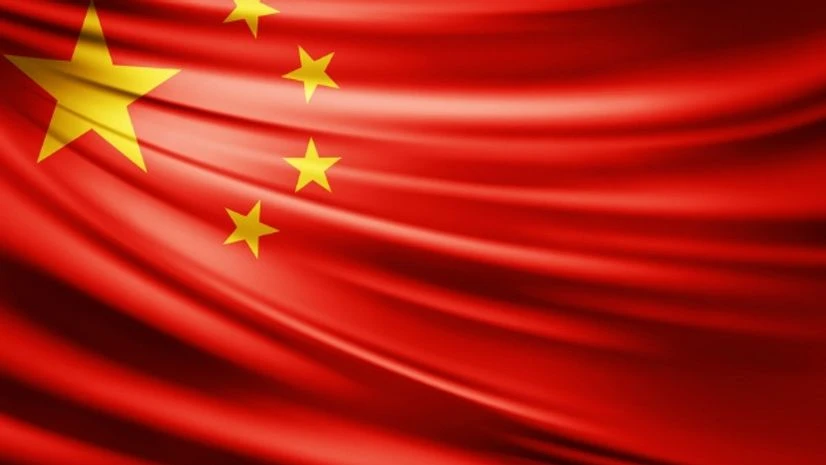A Chinese official has criticised India for staking claim over the legacy of ancient Tibetan medicine by filing a competing bid with China to declare it under Unesco's intangible cultural heritage list.
"The Tibetan medicine system originated in Tibet and has developed on the Qinghai-Tibet Plateau in the north-west and south-west China," Qin Yongzhang, an ethnologist at the Chinese Academy of Social Sciences, was quoted as saying by state-run Global Times.
Qin said that the "Tibetan-in-exile" communities in India may help practice and spread the Sowa-Rigpa (Tibetan Medicine) in India and may say that the medicine system has been inherited and developed well in India to help it win the bid.
India nominated Sowa-Rigpa to enhance its soft power, gain confidence and benefit financially, Qin said referring to reports of India filing a counter bid for United Nations Educational, Scientific and Cultural Organisation Heritage list of Tibetan medicines.
"The truth is that Tibetan medicine not only originated but has developed in China," he said.
Qin claimed that thousands of types of Tibetan medicine are from China's Qinghai, Sichuan and Yunnan provinces and Tibetan medicine hospitals are spread across China, with considerable medicine literature published in recent years.
More From This Section
"China considers Tibet an inseparable part and a "core interest," and also repeatedly criticised India for inviting the 14th Dalai Lama, who China considers a separatist, to Arunachal Pradesh, which China calls South Tibet, the Global Times said.
China has accelerated the development of Tibetan medicine and pharmacology.
The central cabinet has listed Tibetan medicine system in the first batch of China Intangible Cultural Heritage in May 2006, it said.
Unesco will consider both countries' bids at the organisation's session in 2018.
"In 2007, the output value of Tibetan medicines reached 660 million yuan ($96 million), with sales of 450 million yuan," the report quoted an official Chinese publication.
"Some Tibetan medicines are sold in other Chinese regions and even abroad," it said.

)
